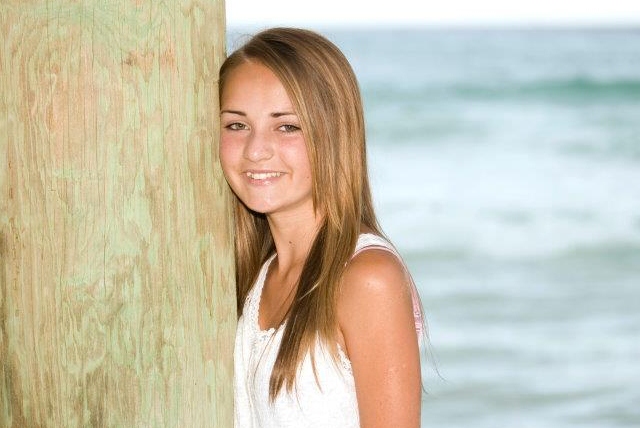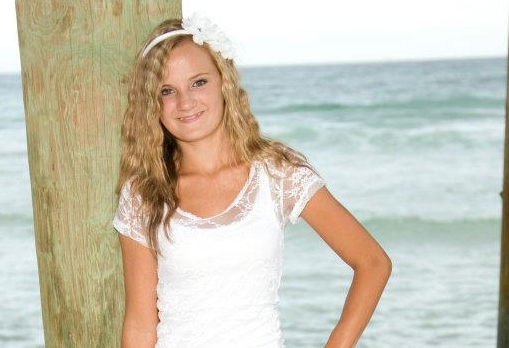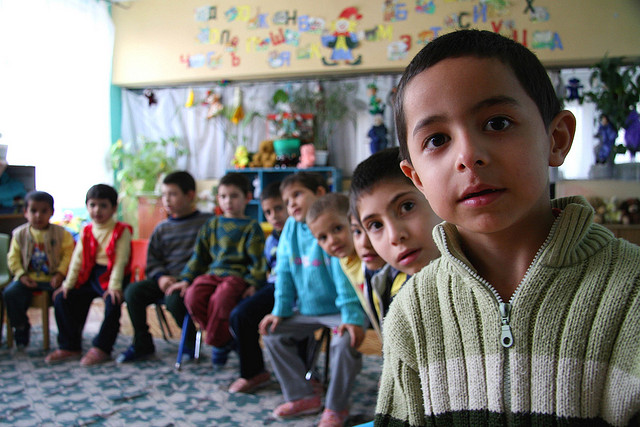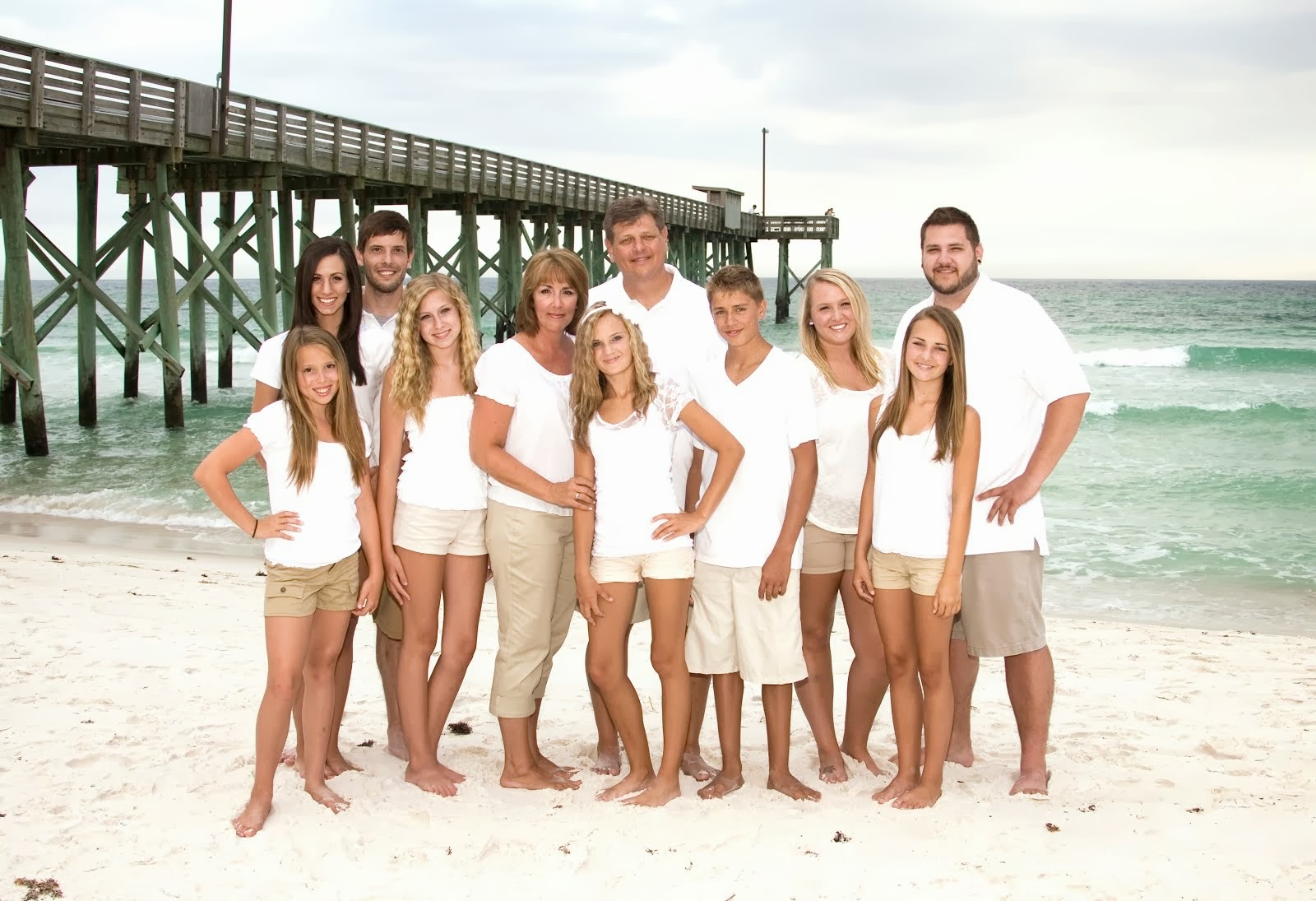What You Need to Know about the Universal Accreditation Act of 2012
April 28, 2014
 What is the purpose of the Universal Accreditation Act of 2012?
What is the purpose of the Universal Accreditation Act of 2012?The main purpose of the Universal Accreditation Act of 2012 (UAA) is to apply the same safeguards that are in place for Convention adoptions to non-Convention adoptions. The way the UAA furthers this purpose is two-fold. First, the UAA requires all Hague accredited or approved Adoption Service Providers (ASPs) to provide services in the same manner for non-Convention countries as they would for Convention counties. Second, all US parents looking to adopt internationally must use a Hague accredited or approved ASP.
When is the UAA effective?
The UAA enters into force this summer on July 14, 2014. Following this date, all UAA rules must be followed. However, you are not able to start the process now and expect that UAA will not impact your adoption. If parents have not filed their I600A, I600 or submitted their dossier to the child’s country by July 13, 2013, the UAA will likely apply.
Will the UAA impact prospective adoptive parents?
If you want to adopt from a Convention country like Mexico, Haiti or Bulgaria, the UAA may not impact you at all. If you wish to adopt from a non-Convention country, the UAA may impact you. If you wish to complete an independent international adoption, the UAA is very likely to impact you.
How will the UAA impact prospective adoptive parents?
In every international adoption, parents are now required to designate a “primary provider” in order for USCIS to grant the child an orphan visa to travel to the US. A “primary provider” is a Hague accredited or approved ASP who is responsible for ensuring certain adoption services are provided in a Hague-compliant manner. For families adopting from a Convention country, this was already a requirement, so the UAA is unlikely to impact your adoption.
For families adopting from a non-Convention country like Congo, Nicaragua, Samoa and Ukraine, the UAA will impact the agency that you select. You will need to select a Hague accredited or approved ASP to act as the primary provider. In the past, parents did not need to use an accredited or approved ASP. It was only required that the adoption agency was licensed by their state and followed the states rules.
If you wish to adopt internationally without the use of a Hague accredited or approved ASP, you will not be able to do so under the UAA. Parents now must designate a primary provider; such provider for all intents and purposes is responsible for the adoption. In all cases parents must have a home study and must select a primary provider. Parents may think that if they can complete a home study only with a Hague ASP they should be able to complete the remainder of the adoption independently under the UAA. However, there are significant responsibilities associated with being a primary provider above and beyond just completing the home study.
Due to the increased responsibility, it is unlikely that a Hague ASP will agree to complete the home study for a family without a designated primary provider. A Hague ASP would not want to be named the primary provider by default because they merely completed the home study without actually overseeing the case to ensure Hague compliance. The primary provider is required to ensure that the adoption is Hague compliant and would likely be responsible for the actions of any attorney or facilitator working on behalf of the parents in country. Due to the potential for increased responsibility for ASPs completing home study only services, many are not going to be able to assist families with home study or other services for an adoption without a designated primary provider.
This change is going to make it difficult for parents seeking to adopt a child from another country through a contact they have in the country without a Hague ASP. Further, it will be increasingly difficult to adopt children from countries without established adoption programs. There are many times parents are looking to adopt a relative or known child from a country without a history of adoption that may now be inhibited from doing so.
Are there still unknowns related to the UAA?
Yes! There are still many unknown related to the UAA. The Department of State recently updated their FAQ page regarding the UAA, but there is so much more left to know. There are many concerns for ASPs in interpreting the Hague regulations that now apply to non-Convention countries because the regulations were not originally written for this purpose. The requirements may specifically mention “Convention country” or may reference the country’s “Central Authority,” which is the singular entity in charge of adoptions. Non-Convention countries may not have a designated central authority, rendering the requirements very difficult to apply.
Prospective adoptive parents have also expressed concerns and questions. If you have questions about how the UAA may impact your adoption that are not answered here, you may submit questions directly to the Department of State for them to address in an upcoming training in several weeks. An invitation for submitting questions can be found here. All inquiries are due April 30.
You can request more information about adopting internationally by clicking here.









